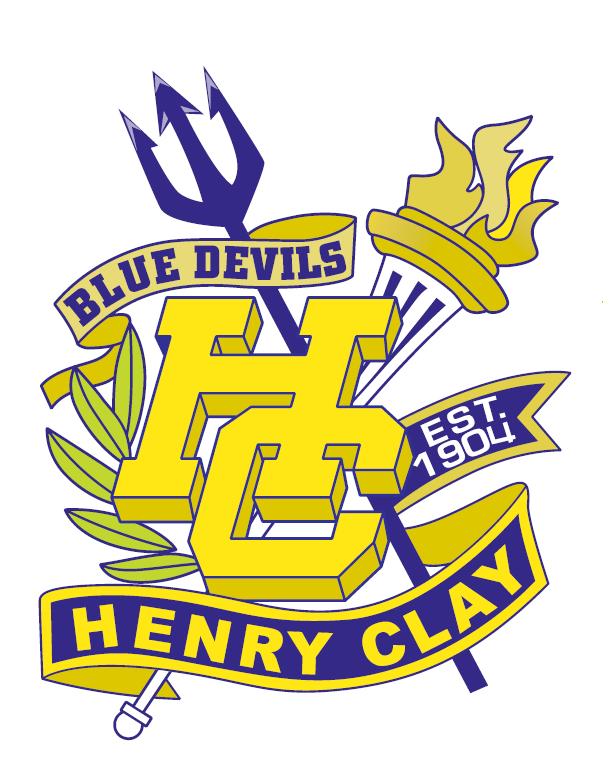Henry Clay Warm Up For Nationals SR JR Speech Debate Tournament
2021 — NSDA Campus, KY/US
Policy Debate
Event Description:
If you have any questions during the competition, please do not hesitate to contact tournament director (Ryan Ray) at ryan.ray@fayette.kyschools.us
Thank you!
POLICY DEBATE
Debaters work in pairs (teams) to address the school year's topic, either from the affirmative side (to propose a plan to
solve a problem with the topic), or the negative side (to prove how the affirmative’s plan is flawed). Argumentation
includes a constructive case, cross‐examination, and refutation. Skills learned include research, policy analysis, case
building, refutation, questioning, organization and communication.
1. Resolution: The resolution will be one requiring a policy judgment. It is determined annually by theNational
Federation of State High School Associations (NFHS), and is published in Rostrum and at
www.speechanddebate.org.
2. Order of Speeches: Each debater must give one and only one constructive speech, one period of questioning, one
period of answering, and one rebuttal speech, in the following order:
Affirmative Constructive Speech 8 minutes
Negative Cross Examines Affirmative 3 minutes
Negative Constructive Speech 8 minutes
Affirmative Cross Examines Negative 3 minutes
Affirmative Constructive Speech 8 minutes
Negative Cross Examines Affirmative 3 minutes
Negative Constructive Speech 8 minutes
Affirmative Cross Examines Negative 3 minutes
Negative Rebuttal 5 minutes
Affirmative Rebuttal 5 minutes
Negative Rebuttal 5 minutes
Affirmative Rebuttal 5 minutes
Prep time 5 minutes per team
3. Prompting Philosophy: Oral prompting, except time signals, either by the speaker's colleague or by any other
person while the debater has the floor, is discouraged though not prohibited and may be penalized by some
judges. Debaters may, however, refer to their notes and materials and may consult with their teammate while they
do not have the floor.
4. Reading case and/or plan: A team may decide, when asked by the opponent team for a copy of their case and/or
plan, whether or not to provide it; if the team refuses, they will not be penalized in any way.
5. Timing: Timekeepers are an option but not required. If no timekeeper is used, debaters may time for their partners
or the judge may keep time. Prep time for each team is five minutes.
6. Oral Critiques: No debate ballot may be returned without a reason for decision. Oral commentary is not
considered a substitute for the written ballot. The NSDA strongly discourages judges from disclosing decisions in
the preliminary round of NSDA competition. Comments made by a judge (orally or written) should be
constructive and professional.
Lightly adapted from the NSDA’s rules.

